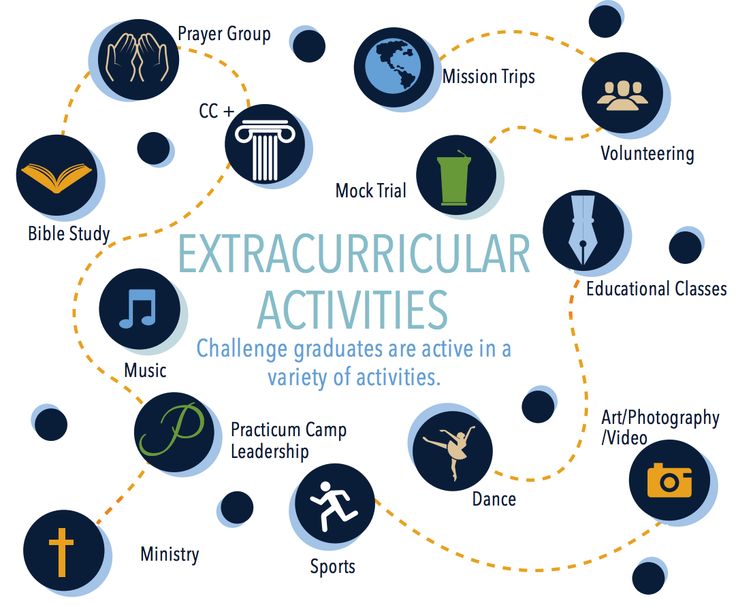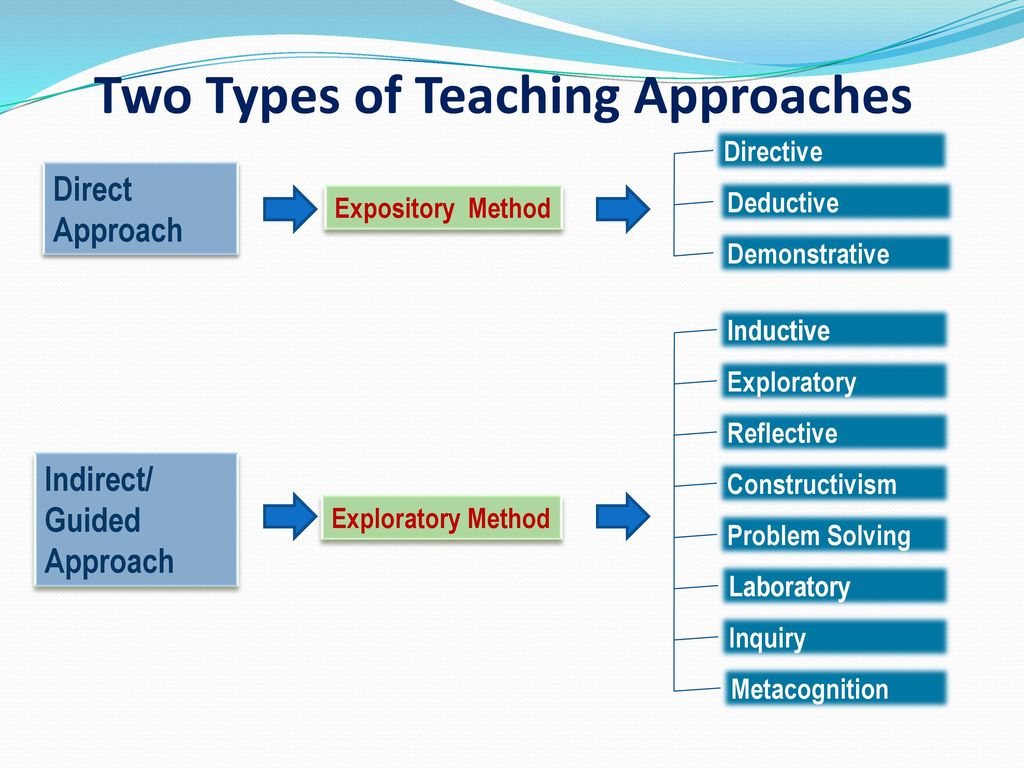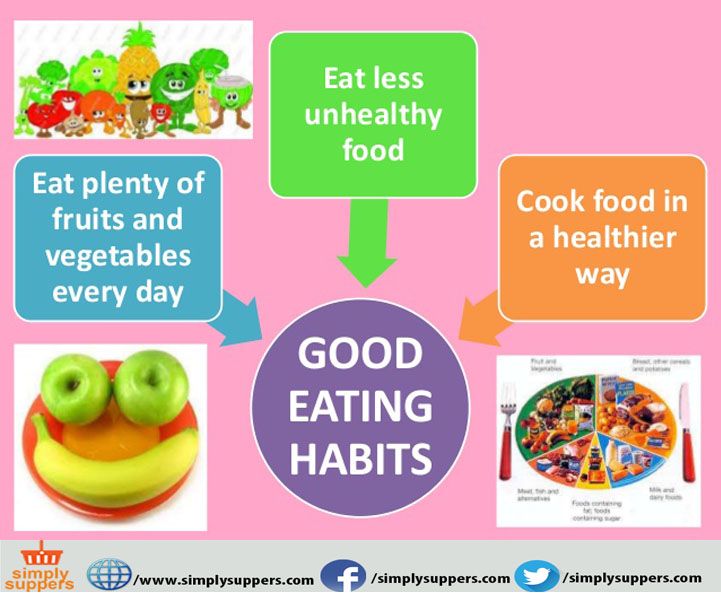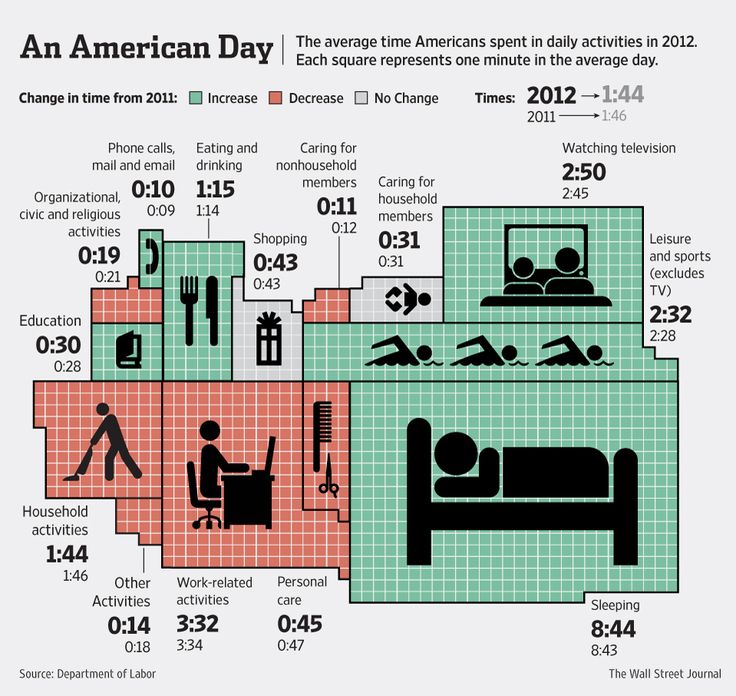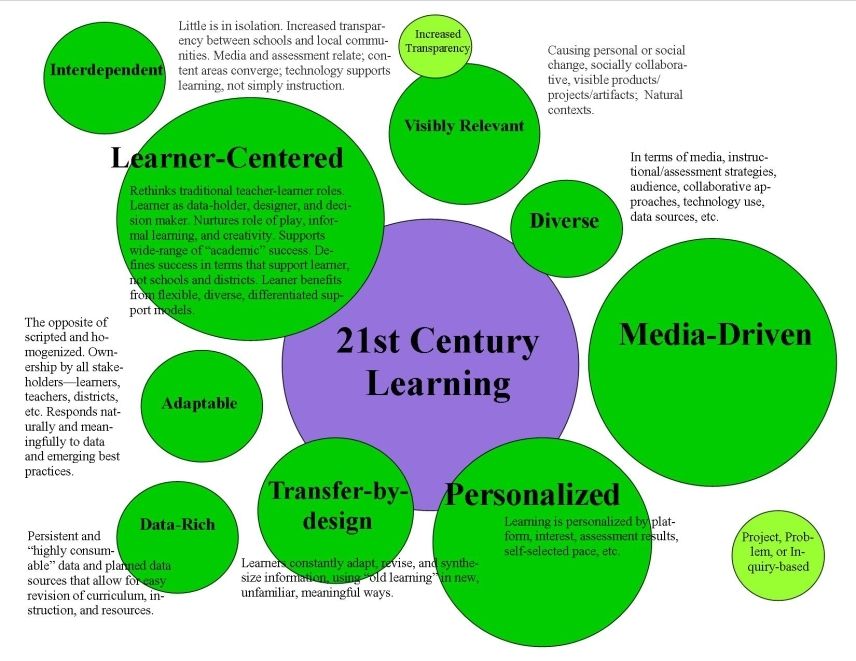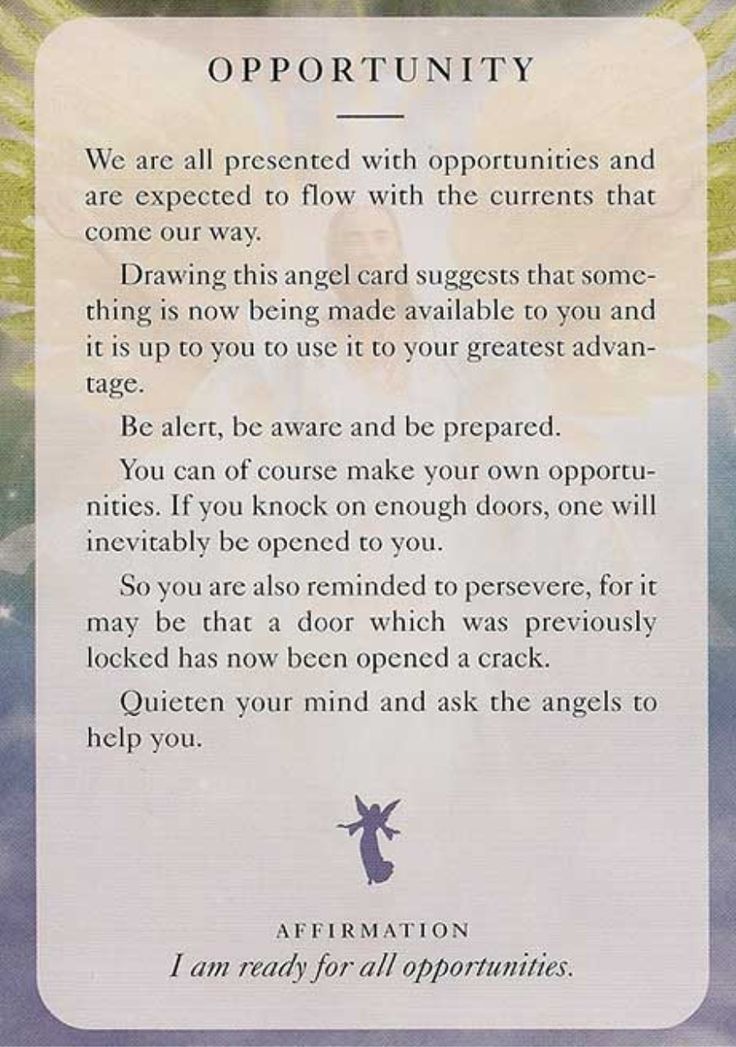Too many extracurricular activities
Too Many Extracurricular Activities for Kids May Do More Harm Than Good
A new study suggests that parents should be mindful of how much time their children are spending in extracurricular activities, such as music lessons and sports clubs.
The findings, published in the journal Sport, Education and Society, unveil the pressing social demand for kids to be involved in organized activities, and how it is placing unprecedented strain on families.
Researchers assert that a busy organized activity schedule can not only put excessive strain on family relationships and resources, but also potentially harm children’s development and well-being.
In an attempt to understand the impact children’s extracurricular activities is having on family life, researchers interviewed almost 50 families from twelve primary schools in North-West England.
They found that the majority of children (88 percent) were participating in organized activities four to five days per week, with 58 percent of the kids going to more than one activity in a single evening. Extracurricular activities were essentially found to dominate family life, especially for families with more than one child.
This had some quite negative results, as families were spending less quality time together, and parents’ money and energy reserves were often depleted. One mother referred to tired children who “don’t get in until 9 or 10 p.m.,” admitting that she was “sadly, over the moon” when an activity was canceled.
Explaining these findings, researchers pointed towards growing pressure from fellow parents, children, and schools for children to have a busy extracurricular schedule.
“We know that parents are particularly keen to ensure their children get on in life. Parents initiate and facilitate their children’s participation in organized activities as it shows that they are ‘good’ parents,” said lead author Dr. Sharon Wheeler.
“They hope that such activities will benefit their children in both the short-term (by keeping them fit and healthy, and helping them to develop friendship groups) and longer-term (by improving their job prospects).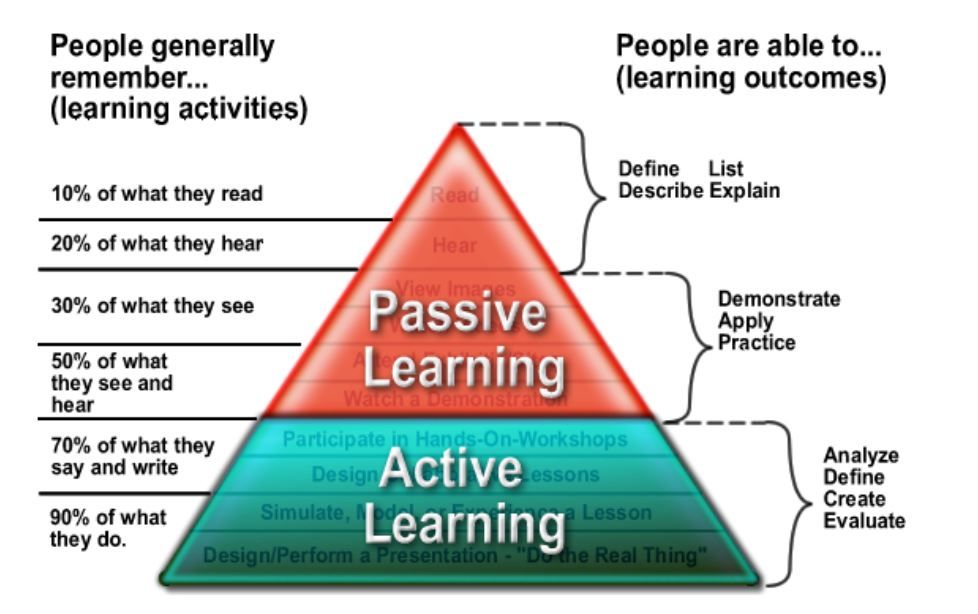 ”
”
“However, our research highlights that the reality can be somewhat different. While children might experience some of these benefits, a busy organized activity schedule can put considerable strain on parents’ resources and families’ relationships, as well as potentially harm children’s development and well-being.”
At a time when families typically have more than one car and working moms have little extra time to spare, extracurricular activities have become a more convenient option than ever before, but Wheeler warns parents to be mindful of overdoing it.
“Raising awareness of this issue can help those parents who feel under pressure to invest in their children’s organized activities, and are concerned with the impact of such activities on their family, to have the confidence to plan a less hectic schedule for their children,” said Wheeler.
“Until a healthy balance is struck, extracurricular activities will continue to take precedence over family time, potentially doing more harm than good. ”
”
Source: Taylor & Francis Group
Are Too Many Extracurricular Activities Taking Over Life? Or Is It Entitlement?
Whether you are in the thick of it now or might be in the future, you may be wondering, how many are too many extracurricular activities? From sports to music, to theater, and more….our kids have an endless supply of excellent extracurricular activities at their fingertips. More than at any time in history! And this can be great. Research shows that extracurricular participation can lead to more character development, greater social skills, and higher community involvement. These are all things we can get on board with! So it may come as a surprise when access to these wonderful extracurriculars leads to entitlement in our kids.
Why, when we roll out the red carpet of extracurricular opportunities for our kids, can they become so quickly unappreciative and even demanding? Because, like every other privilege, boundaries are needed. It’s easy to unintentionally send a child the message that their extracurricular life is the family’s priority.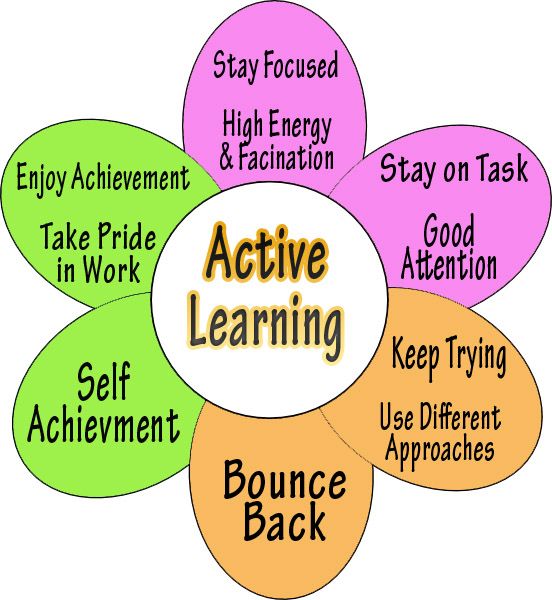 They may even believe they have a right to pursue any extracurricular, regardless of cost, for as long as they want. And that you’ll ensure they have what they need, when they need it, each step of the way. If that’s the case, they’re not really investing themselves in their activities, they’re investing you in their activities.
They may even believe they have a right to pursue any extracurricular, regardless of cost, for as long as they want. And that you’ll ensure they have what they need, when they need it, each step of the way. If that’s the case, they’re not really investing themselves in their activities, they’re investing you in their activities.
Warding off the entitlement bug requires you to be thoughtful in your involvement in your child’s extracurriculars as you guide kids to feel more grateful and less entitled.
Ask your child, “Why do we participate in these activities?” The answer to this question is the basis for cultivating either a sense of entitlement or a sense of gratitude and grand purpose.
Your child might answer something like,
- “So I can have fun!”
- “So I can be with my friends.”
- “So I can get a college scholarship.”
- “So I can have better snacks than we have at home.
 ” 😉
” 😉
Each of these reasons is common, but you’ll notice that they are all self-focused.
This is why we invite you to reconsider your own reason for extracurricular involvement. Since God made us to be both recipients and dispensers of blessing, it is a great help to add another answer to why you encourage your child’s involvement: “So that we can be a blessing!”
That’s right! In the grand scheme of things, you are blessed with the opportunity of these activities so that you can be part of God’s plan to bless all people. Any extracurricular activity is an opportunity to grow skills to bless the world and is an opportunity to be a blessing right now. Once parents and kids alike embrace this idea, the underlying drive to participate is now a grander purpose than your own benefit.
The first key: What is
your attitude?It can be easy to get carried away by your child’s extracurricular activities. One of our mentors taught us early that one of the most loving things a parent can do to support their kids’ growth in extracurriculars is to stay away sometimes.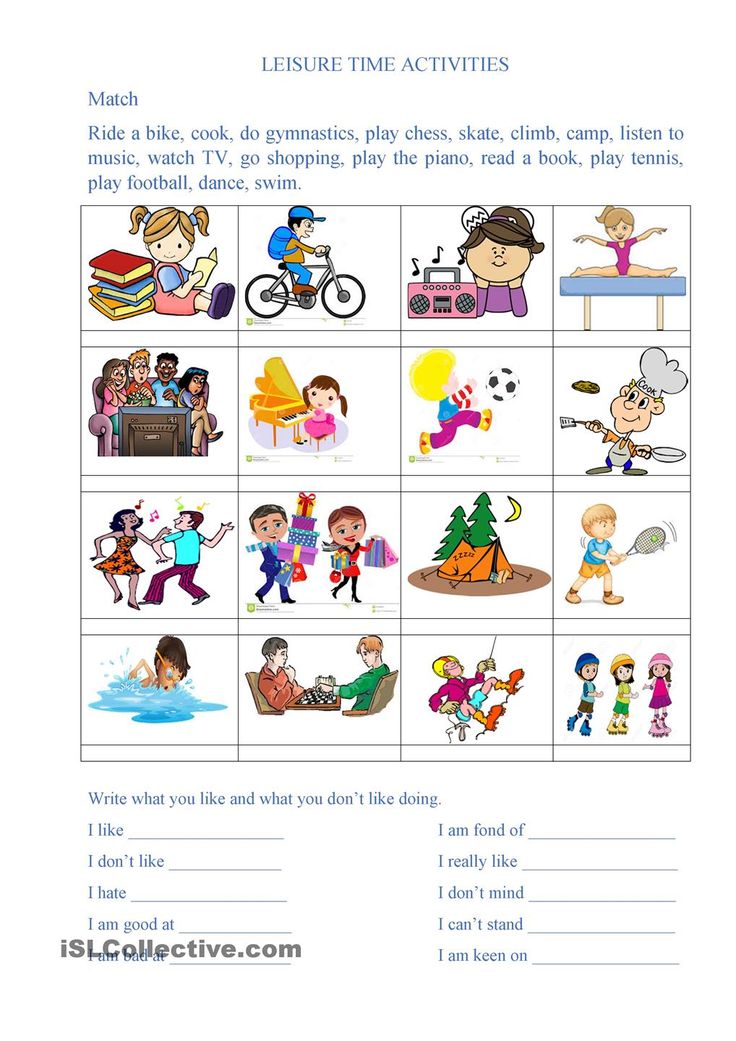 That’s right. When we choose to not attend a game or performance, we send a message that communicates, “This is your thing, not ours.” This sets up an opportunity to connect as your child tells you all about it when they get home. The key is to let the kids participate and grow on their own terms.
That’s right. When we choose to not attend a game or performance, we send a message that communicates, “This is your thing, not ours.” This sets up an opportunity to connect as your child tells you all about it when they get home. The key is to let the kids participate and grow on their own terms.
Releasing yourself from owning your children’s activities means divorcing yourself from the emotions of success or failure. It means to participate just like any other spectator at the event. It means becoming aware of ways that you might be over-invested in your child’s success and failure.
If we had a nickel for every child we’ve heard of that burned out on sports or arts because of their over-zealous parents, we’d have a jar full by now. If this is a struggle for you, we invite you to stay away or sit in the back row. Remain silent. If you say anything at all, work toward having the words be about some positive aspect of your child’s participation.
The following statements can go a long way toward encouraging rather than discouraging your child:
- “I noticed how hard you concentrated!”
- “Your disappointment shows how important this is to you,”
- “I can see you’ve been working hard on that,”
- “I love to watch you do something you’re passionate about.
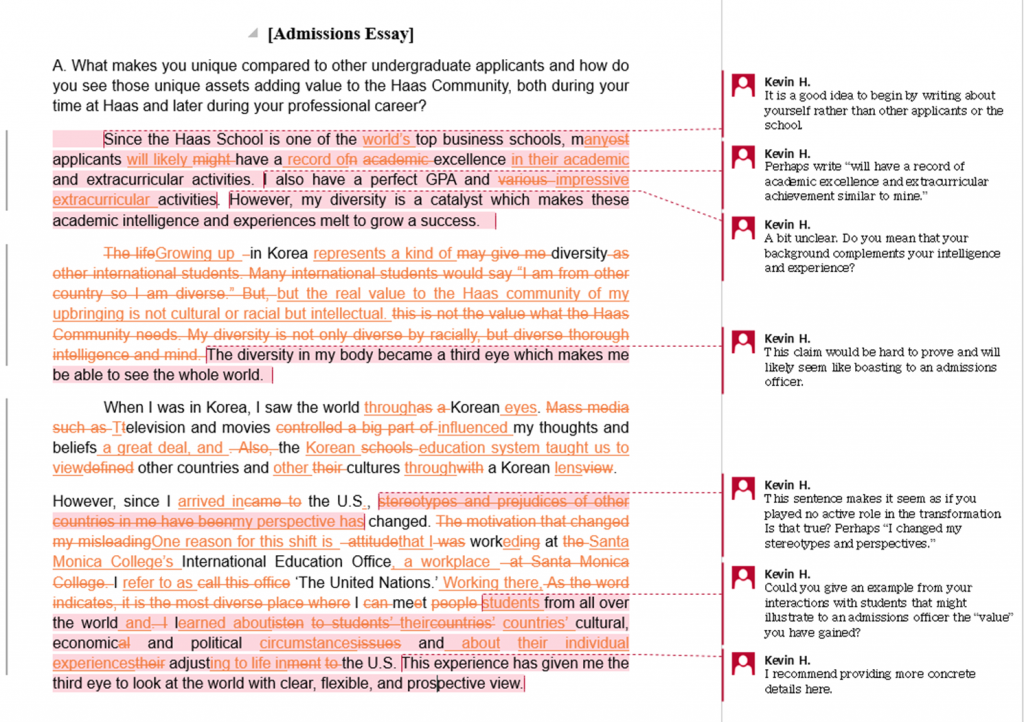 ”
”
When it feels like life is being taken over by extracurricular activities and demands, take a step back and say something like, “Hmm, you know this activity no longer feels like a blessing to our family. In fact, I think it’s preventing us from connecting peacefully and serving others in some of the ways we usually care about.”
When there seem to be too many extracurricular activities piling up on the calendar, prioritizing serving others will make it easier to draw boundaries and have healthy discussions with your child. Your kids are watching how you use wisdom in these everyday decisions.
Be very careful, then, how you live—not as unwise but as wise…
Ephesians 5:15
In our online course about the problem of Entitlement, we teach parents the importance of having the mindset to be a blessing wherever we go. After a presentation of this workshop for parents of teens, we opened up a time for Q&A. A mom eagerly raised her hand and asked, “What do I do about the guilt?” We asked her what the guilt was about. She responded, “I feel guilty that we have to miss so much church to be involved in extracurriculars!”
She responded, “I feel guilty that we have to miss so much church to be involved in extracurriculars!”
We addressed the guilt of missing church, suggesting that God’s purpose for guilty feelings is to help people know when they are out of alignment with God’s purposes. The mom quickly retorted, “Well, we’re not quitting the activities!”
Guided by God’s wisdom, we responded with hope, “Have you considered how you might take church to the activities?” “
Her face lit up. “You mean that thing about being a Blessing?”
“Yes! That’s it!”
“Well, how do we do that?”
That’s the question! Below are some ideas we shared with her.
Below are four categories, with a few ideas in each, for how to reverse patterns that lead to entitlement and cultivate a sense of purpose and ownership in your kids. Pick one or two and start changing the momentum with modeling, proactive teaching, and lots of encouragement for any small steps of progress!
1.
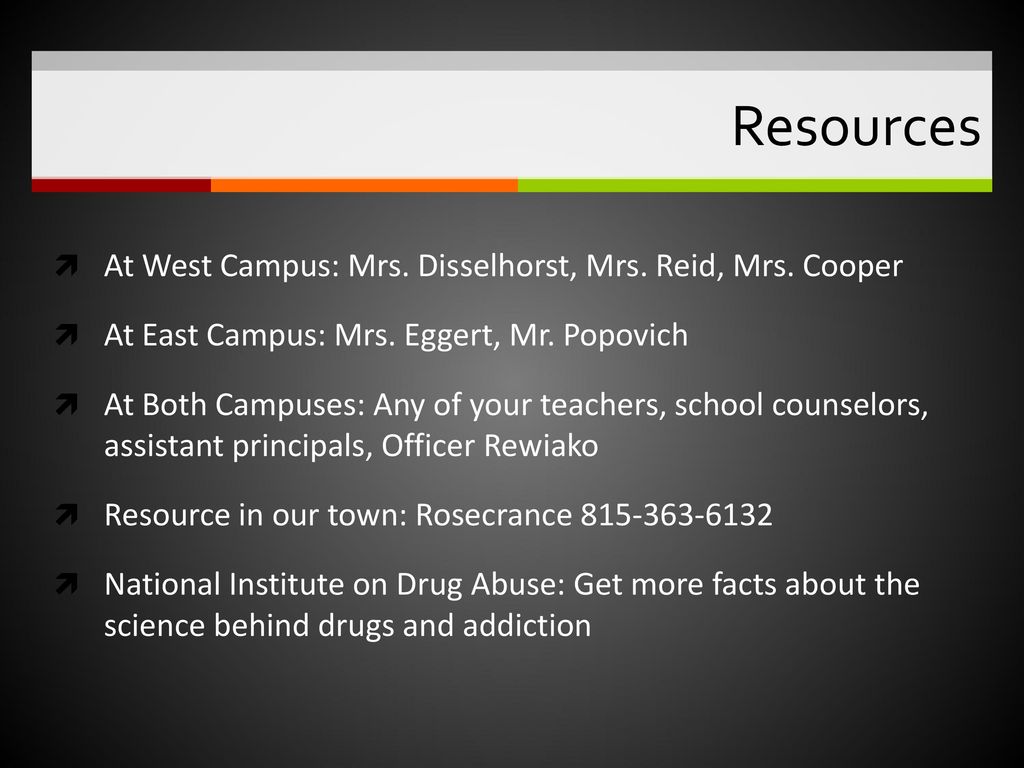 Instill helpful beliefs
Instill helpful beliefsLook below the surface to help kids embrace some essential beliefs about life:
- They are loved and valued, unrelated to their performance – even if they forget their lines, flub their song, or drop the ball and lose the game!
- All the other kids that participate are also valuable and precious to God, unrelated to their performance.
- Participation in any activity is a gift, not a right.
- Every activity is an opportunity to serve others and develop the character that will benefit them greatly in life.
2. Give kids ownership and responsibility
- Involve kids in the decision-making process and, if old enough, require them to contribute to costs.
- Help kids understand the money by setting budgets and buying used equipment when practical.
- Teach children to wash and care for their equipment. (Laundering uniforms, proper care of instruments, etc.)
- Give kids the responsibility to enter the activity into the family calendar.
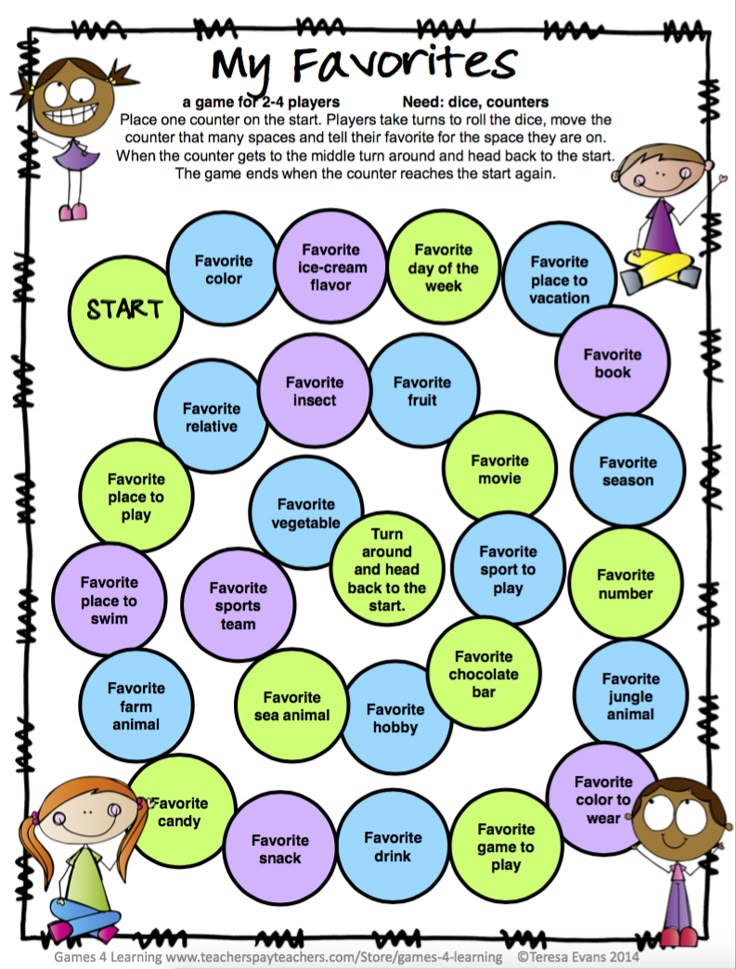
- Put full responsibility on the kids to know what they need to do to be ready – and then leave on time with no nagging or repeated warnings. If kids aren’t ready on time, they miss their ride.
One mom’s story of her kids “owning” their sport
In downhill ski racing (which can be quite an expensive sport!), you might imagine that nearly every family is raising entitled kids. But that simply isn’t the case! Read this story from some long-time friends of Connected Families who raised three competitive skiers. By helping their kids “own” their sport, these parents helped equip them with the tools they will need to navigate life in the future. Here is their story:
When the boys started ski racing, we were aware of the life skills they could learn if we gave them some ownership and responsibility right from the beginning. First off, they couldn’t go to practice until their homework was done. (This taught discipline and time management.)
We had a list on the wall in the mud room with everything they needed to bring to practice. The boys were responsible for not only packing their own bags but also loading their ski equipment and backpacks into the car. (This taught organization, responsibility, and independence.) They never complained about the responsibility even though they saw most other parents carrying their children’s skis and/or backpacks to and from the car to the ski rack, etc.
The boys were responsible for not only packing their own bags but also loading their ski equipment and backpacks into the car. (This taught organization, responsibility, and independence.) They never complained about the responsibility even though they saw most other parents carrying their children’s skis and/or backpacks to and from the car to the ski rack, etc.
When the kids were at the right age, they were eager to take on learning how to take care of their equipment (waxing/sharpening, etc.) On certain occasions, if someone was trying to get homework done or study for a test, we would step in to help them with their stuff. But they have truly “owned” their sport since they were young.
Over the years, we have seen the boys be a blessing to others in many ways. They are good to their peers and the younger ones, are helpful, and respect their coaches. They never snuck out of practice early (even when it was really cold) to avoid after-practice responsibilities like helping coaches carry gates off the hill, etc.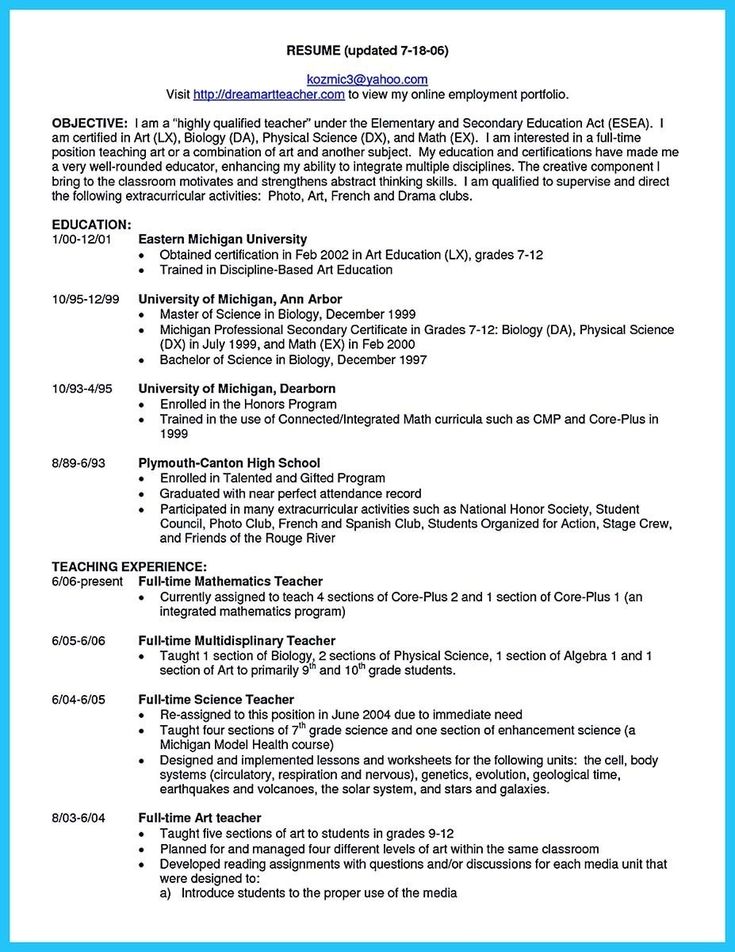 The life skills of discipline and time management that they learned while participating in skiing have carried over into all areas of life!
The life skills of discipline and time management that they learned while participating in skiing have carried over into all areas of life!
3. Mentor helpfulness and gratitude
It’s important not to criticize or shame kids because it will probably make the issue worse, not better. Modeling and joining your child in serving are your most powerful tools!
- When called on to be a parent volunteer, do so joyfully and involve your child if possible.
- Guide your kids to leave the activity space better than you found it, and talk about how much better it will be for others.
- Help set up and clean up for practices/rehearsals/lessons, and make it fun!
- With your child, look for opportunities to help teammates with anything from skills, rides, snacks, and funding.
- Make a habit (you and your kids) of writing thank you notes to the coach, instructor, or leader.
…whatever you do, do it all for the glory of God.
1 Corinthians 10:31
4. Cultivate respect
- Teach kids to honor their coaches/teachers by looking them in the eye, listening carefully, and following through on instructions without complaint.
- Let kids know that participating means they work hard even when they don’t get the opportunities they want or think they deserve.
- Have conversations with kids about how they might respond when they or another participant gets injured, feels sad about their performance, or even causes the team to lose.
- Have conversations about how to respond to the winner, even if your child is deeply disappointed. Then when disappointment happens, “I know you’re really upset about how this went. I get it. We can talk about that in a little bit, but now is the time to go over and congratulate the winner!”
- Encourage and support kids when you see them show respect and compassion.
As you gradually weave these others-centered values into your participation, it will build eternal perspective and values in your kids! You also might stop thinking so much about whether or not your child participates in too many extracurricular activities. They might be. But as you root yourselves in an others-centered approach to extracurricular activities, that will become clearer, and your child’s involvement with what remains will be more beneficial for all.
They might be. But as you root yourselves in an others-centered approach to extracurricular activities, that will become clearer, and your child’s involvement with what remains will be more beneficial for all.
To learn more, register for our online course, The Entitlement Fix: Growing Hard Work and Gratitude In Your Kids. This fast-paced,4-session course is designed to give parents a solid strategy for stamping out entitled attitudes and move toward greater meaning in life. Join us today! At $23, we believe this is a fantastic value. If this is still out of your reach, request a scholarship.
Related Posts
Interesting school activities for high school students. Extra-curricular activities for primary school
Interesting school activities for high school students. Extra-curricular activities for elementary school
When the holidays begin, it doesn't matter if it's winter or summer, schoolchildren have a lot of free time, most of which they spend at the computer and TV. And it is not so easy to tear the child away from the screen and monitor. What activities can be offered for schoolchildren to make them interested, instead of electronic entertainment? There are enough of them.
And it is not so easy to tear the child away from the screen and monitor. What activities can be offered for schoolchildren to make them interested, instead of electronic entertainment? There are enough of them.
What will interest a younger student?
Among the cultural and recreational activities during the holidays, many can be organized by yourself with a little imagination.
A trip to the city zoo is an interesting event for younger students, especially if the zoo holds various holidays or celebrates the birthdays of animals. You can give a treat to the next birthday as a gift each time.
Gather bored kids and play the most popular games from the childhood of parents and grandmothers: rubber band, bouncer, elephant, chains, edible-inedible and others.
So that the children do not get bored, parents can arrange the following activities during the holidays. You can invite friends of the child to visit, together with the parents. Then you can arrange a football family match, as well as a darts battle or sack jumping.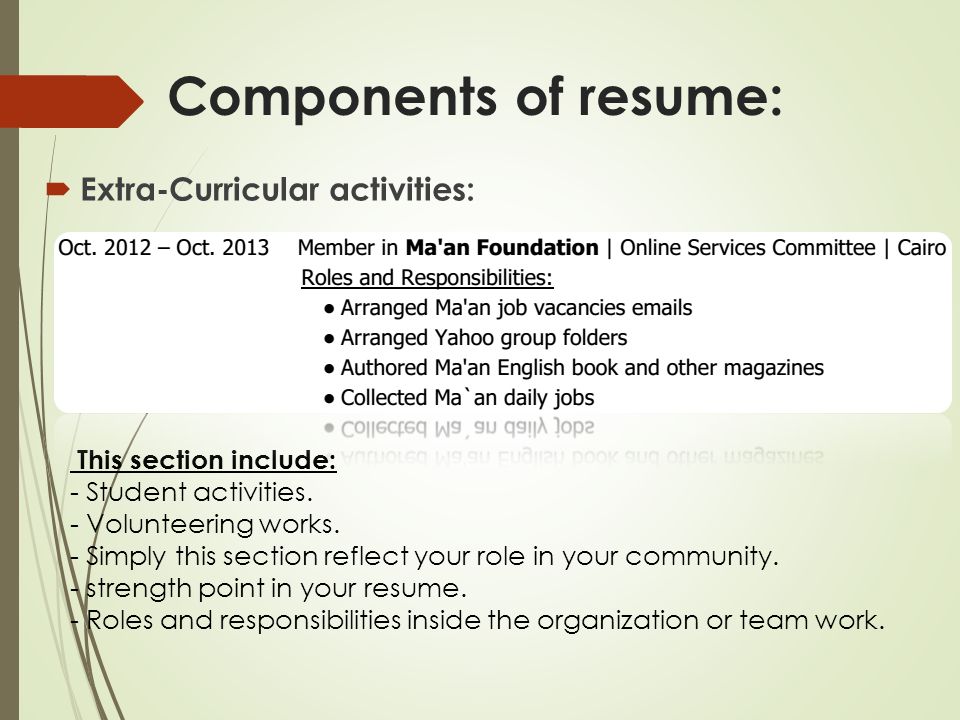
Participation of a child in any group, games with peers will help develop communication skills, find common interests, as well as best friends.
And if teachers come to an agreement with the management of various enterprises and take the children there, the children will be very happy about this. Such events can be trips to a confectionery factory, an ice cream factory, a Christmas decorations factory, a bakery, and many others. The children will see with their own eyes how a freshly baked bun is born, how the caramel or chocolate mass flows, and how skillfully automatic machines and professionals operate in such factories. And glass blowers, together with artists, will impress the kids with their skill and creativity, making Christmas tree decorations.
The camp is a godsend for busy parents
The child can be sent to a camp where he will definitely not be bored among his peers, and parents may not be nervous about his leisure time. Often in the summer day school camps are recruited. Carefully thought-out cultural and entertainment events, trips, thematic scenarios for the personal and creative development of each child, active and intellectual games - all this will help to spend time both usefully and fun.
Carefully thought-out cultural and entertainment events, trips, thematic scenarios for the personal and creative development of each child, active and intellectual games - all this will help to spend time both usefully and fun.
In addition to school camps, there are now a lot of other thematic camps, from sports to language. In them, children not only relax in comfortable conditions, strengthen physically, but also learn foreign languages, learn to be successful and sociable, learn a lot of new and interesting things. Entire scenarios of events for schoolchildren of different ages are being developed. Many guys after the camp remain friends, communicate with each other and strive to return to their favorite places again next summer.
A week of workshops
Among school activities, holding such a week or even one day will be very interesting. The idea of the event is that this week or several days, some lessons at the school will be taught by famous people, masters of their craft, bright professionals.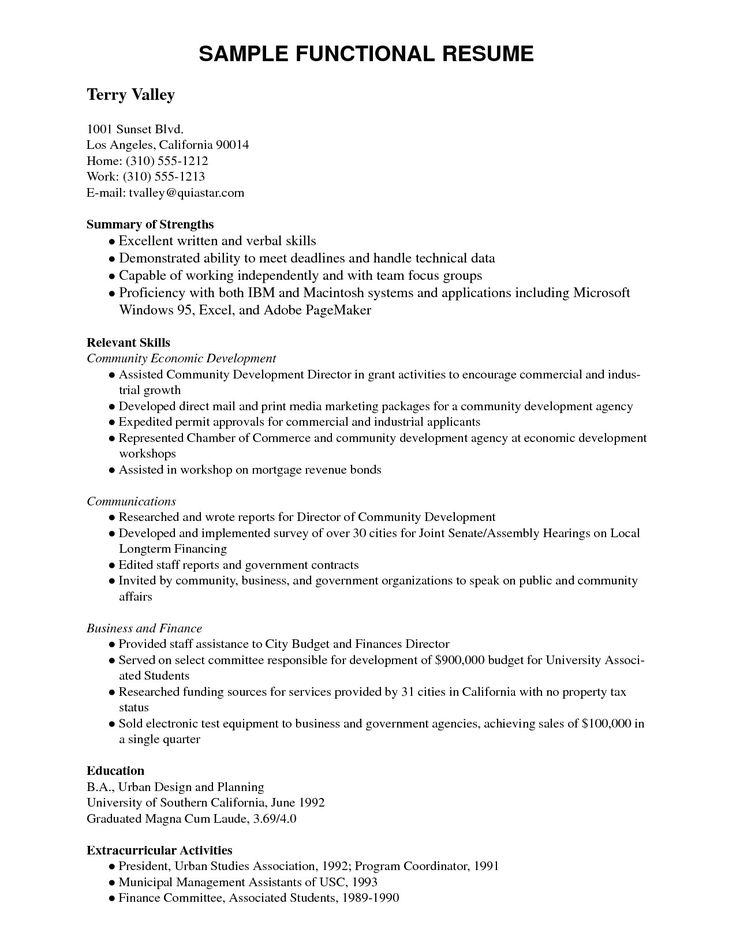 You can invite a famous athlete or coach to a physical education lesson, a real guide will give a history lesson, a real physical practitioner will tell about physical phenomena, and a chemist will show the most interesting experiments.
You can invite a famous athlete or coach to a physical education lesson, a real guide will give a history lesson, a real physical practitioner will tell about physical phenomena, and a chemist will show the most interesting experiments.
A confectioner will teach the girls how to decorate cakes, and an experienced carpenter will teach the boys how to create miracles out of wood. You can invite workers of the most interesting professions. Such lessons will be remembered by everyone without exception, and maybe they will influence the choice of a future profession.
Letter to the future
Great idea for the senior class. High school students should compose a creative letter with forecasts and wishes for the future, which they then leave at school or seal and hide until a certain date 5-10-20 years later. The letter is created in the form of a collage, a newspaper, decorated with photographs and drawings. The main thing is to capture on it the entire composition of the class with its features, wishes and dreams. It is interesting to read such a letter at the anniversary meeting and compare the real successes with the planned ones. This will be a great motivation for each participant.
It is interesting to read such a letter at the anniversary meeting and compare the real successes with the planned ones. This will be a great motivation for each participant.
Alley of departing childhood
The most useful and noble event for schoolchildren. One spring day, high school students, together with the forestry enterprise, plant an alley of outgoing childhood, give it a name that reflects the nature of the class. In the future, you can bring your children and even grandchildren to such an alley.
School years are a wonderful time between kindergarten time and students. Schoolchildren can no longer be so amazed and laughed at as naive kids, you can only play a little. And since they are cheerful people and are not averse to pranking friends and teachers themselves, you can often arrange such entertaining school events as KVN, fun festivals, all kinds of competitions and quizzes. For example, April Fool's Day on April 1 can be held according to a certain scenario.
Scenario for April Fool's Day
The whole school is getting ready for the event in advance so that on April 1 it will be possible to determine the winners in the competition for the funniest collage, decorate the corridors with funny posters, comic arrows and cartoons, and name all school classes and rooms with funny names.
On the front door of the school, you can stick a notice "Do not enter without a smile", call the dressing room "The Lost World", the director's office - "The Room of Fear", and the head teacher's office - "The Debriefing Room". Rename the teacher's room into the "Terrarium of like-minded people", the chemical office - into the "Drug laboratory", the geography office - into the "Travel Agency", and write at the first-aid post - "Who did not run away, we will treat him." The gym can be renamed to "Eatery". At the entrance to the dining room, write "Refueling Hall".
Holding a school assembly should also be special on this day.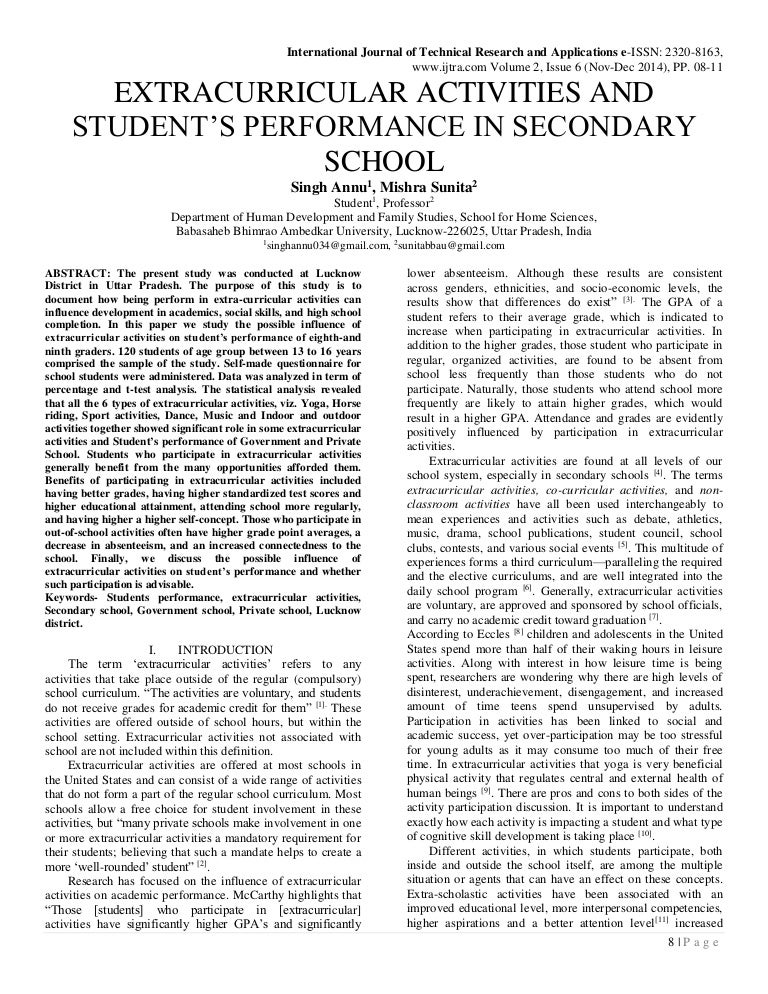 Each class will be asked to line up on a ruler according to special rules:
Each class will be asked to line up on a ruler according to special rules:
- line up by weight;
- middle classes line up along the length of their hair;
- senior classes - in alphabetical order;
- graduates line up on the results of exams;
- teachers line up in order of height.
The team that completes this task the fastest will receive the reward.
There are many pranks, contests, humorous games, quizzes on April Fool's Day. Based on the results of the holiday, the winning class is awarded a challenge cup of a young humorist, and the best participants are awarded tickets for a comedy film or a humorous show. One condition - jokes should not be offensive, funny and funny.
A film about your class
Surely each of your classmates has kept videos or photos of interesting events from school life, and by graduation from them you can make a film about the class as a whole and about each one separately.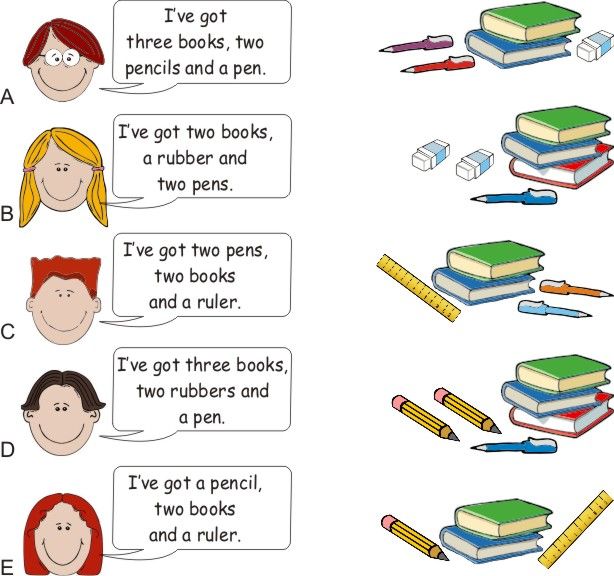 From the collected material, you can mount a video about the growth and maturation of each. This requires time and a creative joint approach, the film can be voiced, told about each of the classmates. The work is not easy, but the result will exceed all expectations and will be of interest to everyone - teachers, parents, and, of course, the matured schoolchildren themselves.
From the collected material, you can mount a video about the growth and maturation of each. This requires time and a creative joint approach, the film can be voiced, told about each of the classmates. The work is not easy, but the result will exceed all expectations and will be of interest to everyone - teachers, parents, and, of course, the matured schoolchildren themselves.
Going on a hike
When a dusty city causes irritation, and the soul rushes to unexplored paths, high school students go on hikes. These are unforgettable events for schoolchildren and not only. Whether it's a 10-day route through the endless Carpathians or a weekend run through a nearby forest, a trip always leaves the best memories in your memory if you prepare for it properly. Merging with nature, understanding the world, broadening one's horizons, developing endurance, mutual assistance, independence - the advantages of tourism can hardly be overestimated. Often teachers themselves organize such school events that children simply adore.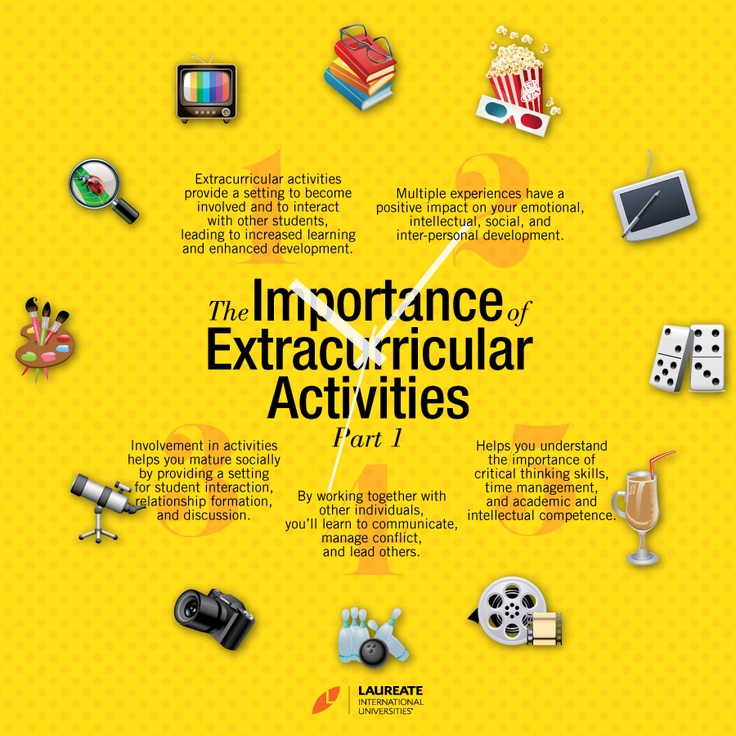 Going on a hike with classmates or friends, you should consider the main factors in preparing for a meeting with nature:
Going on a hike with classmates or friends, you should consider the main factors in preparing for a meeting with nature:
- Appropriate footwear and clothing will be required.
- Any mosquito and tick repellant should be available.
Going on a hike, do not forget about the first aid kit with the most necessary medicines, such as iodine and brilliant green, ammonia, potassium permanganate, rubber tourniquet, sterile bandages and cotton wool, antipyretic, validol, nitroglycerin, painkillers, drugs for disorders and spasms in the stomach.
Variety of activities
When preparing for school activities, one should remember that for any of them an interesting scenario must be invented. Now school parties have become very popular, the scripts of which are based on interesting stories from favorite TV shows, films and cartoons, where famous characters are involved. You need to arrange fun events, come up with holidays that are not on the calendar, arrange flash mobs and many other dance competitions with different dance styles.
KVN is a fun, exciting game that is quite suitable for schoolchildren. Who but schoolchildren notice all the interesting events of school life? Only they, with their indefatigable imagination, will notice the funniest facts that are happening around. KVN is rather a way of life, and if schoolchildren start playing it, they should feel the most cheerful and resourceful.
Quest is one of the interesting activities during the holidays, it is a team game in which the guys are the main characters of an exciting story and they have to get out of a closed room, solving puzzles, puzzles, showing care and ingenuity.
There are a lot of activities for schoolchildren, it is impossible to list them all, the main condition is that the children should be interested, because each of them is a person, even if he is growing up. Mobile, active or desktop intellectual - all these entertainments will not only brighten up your leisure time and keep you from getting bored, but will also help you acquire new skills that will come in handy in adulthood. The main thing is not to let the mind and body be lazy and continue to improve in the future, leaving the school walls.
The main thing is not to let the mind and body be lazy and continue to improve in the future, leaving the school walls.
Open extra-curricular event - a form of demonstration of advanced pedagogical developments, a way to put them into practice and improve the skills of teachers. The most important condition for conducting open lessons is publicity, through which the above goals are achieved.
The peculiarities of extra-curricular activities are their unusualness, so to speak, the unconventional choice of types and forms of conduct, which contributes to the awakening of children's interest in the learning process, motivating them to independent knowledge of a particular subject.
Classification of extra-curricular activities
The main types of extra-curricular activities can be considered teaching and educational, leisure and sports and recreation.
Educational and educational extra-curricular activities are aimed at enhancing the cognitive activity of schoolchildren, deepening their knowledge, broadening their horizons, and forming the civic position of students.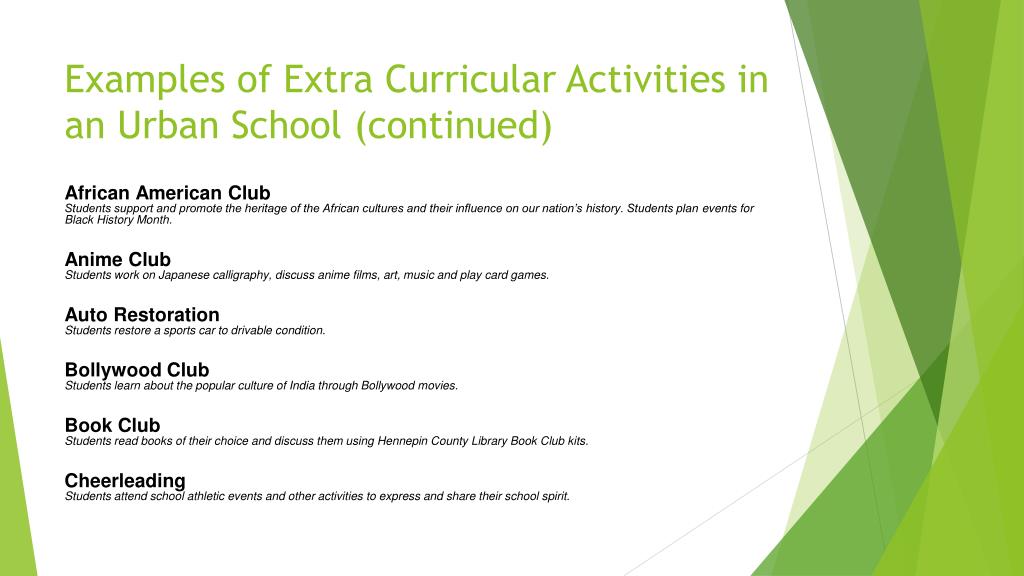
Leisure activities allow you to specify the interests of students aimed at acquiring certain skills and abilities, to diversify school life with entertaining moments.
Sports and recreation activities ensure the physical development of schoolchildren, contribute to the improvement and maintenance of their health.
In our proposed classification of extracurricular activities, the focus is on the purpose of the event. It is this aspect that determines the choice of the form of holding.
Forms of extra-curricular activities
Each type of extra-curricular activities has its own ways of implementation. Of course, the list is not static and limited: the objects in it can vary, intersect, unite.
Educational and educational extracurricular activities can have the following forms of performance: conversation, discussion, meeting with interesting people, quiz, theater, training, conference, olympiad, review, competition, excursion.
Leisure extra-curricular activities have more applied goals - teaching skills, abilities, which is implemented in the following didactic models: workshop (cutting and sewing, culinary, fine arts, photography, modeling), plein air, master class, theater studio. In addition, leisure activities are held for entertainment purposes, which contributes to the unification of children's recreational leisure activities - a competition, a game, theatrical performances.
Sports and health-improving open extra-curricular activities are held in the form of sports games, trips.
The age characteristics of students in choosing the content and forms of extracurricular activities are of decisive importance. Let's explore this aspect of the problem.
Elementary school
Open extra-curricular activities in elementary school are of particular importance. Primary school children are most sensitive to learning new things, they require a visual demonstration of the knowledge offered, in addition, younger students have a very high level.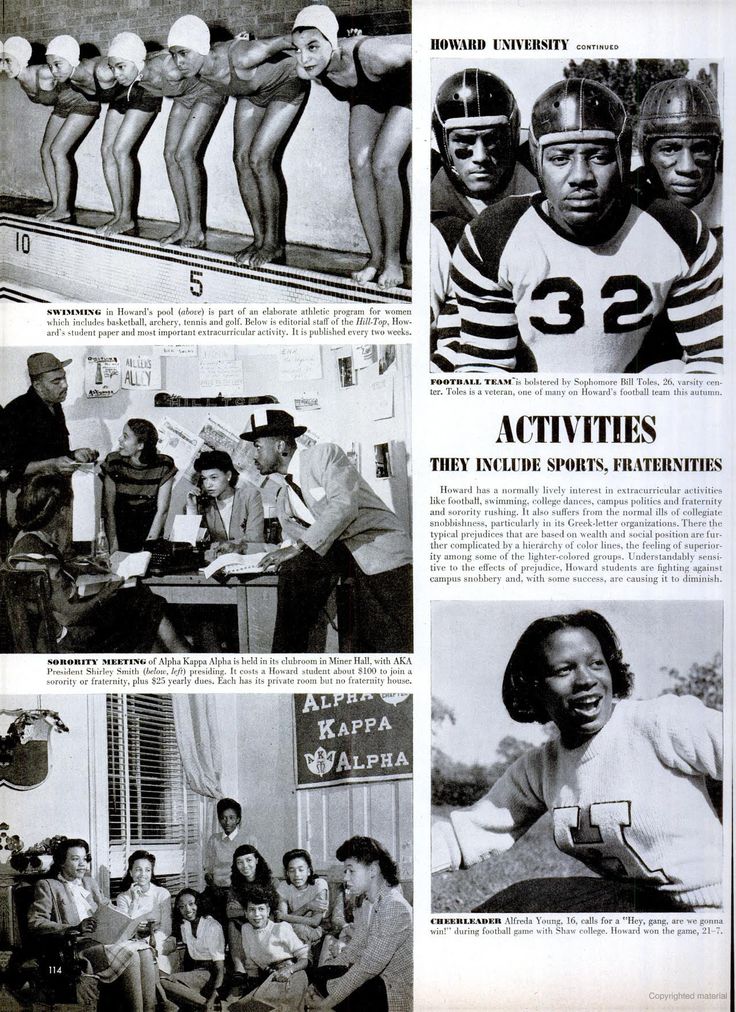
Based on this, when planning extra-curricular activities for students in grades 1-4, preference should be given to conducting classes with elements of physical activity, games, competitive tasks, excursions. An open extracurricular activity of grade 2 should take into account the little practical experience of children in this age category, form basic knowledge, skills and abilities.
Senior school
Children of senior school age are capable of longer static perception of material, of reproducing more text, they are resistant to stress, which plays a decisive role in choosing the form of extracurricular activities. In such cases, it is worth giving preference to theatrical performances, KVN, brain ring, hiking trips, career-guided excursions.
Educational and educational extra-curricular activities
Considering that the primary task of the school is education, we will dwell in more detail on the consideration of educational and educational open events.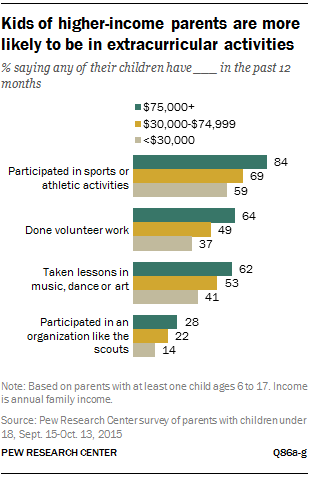
Open extra-curricular activities of an educational nature contribute to an in-depth study of the material in certain subjects, systematization of the acquired knowledge using non-traditional forms of information presentation.
Extra-curricular activities in mathematics
The main purpose of extracurricular activities in mathematics is the practical application of the knowledge acquired in the classroom. Such events are most effective in the form of games, trips, competitions, excursions, theatrical performances, subject weeks. There are different types of extracurricular activities.
Cognitive functions of the game are very wide. The main advantage of the game over other forms of extracurricular activities is its accessibility. Solving mathematical charades, puzzles, crossword puzzles is a very exciting process that allows you to systematize the knowledge gained, develops logical thinking, ingenuity.
Traveling to the country of mathematics enables children to come close to mathematical terms, realizing their reality and necessity in life.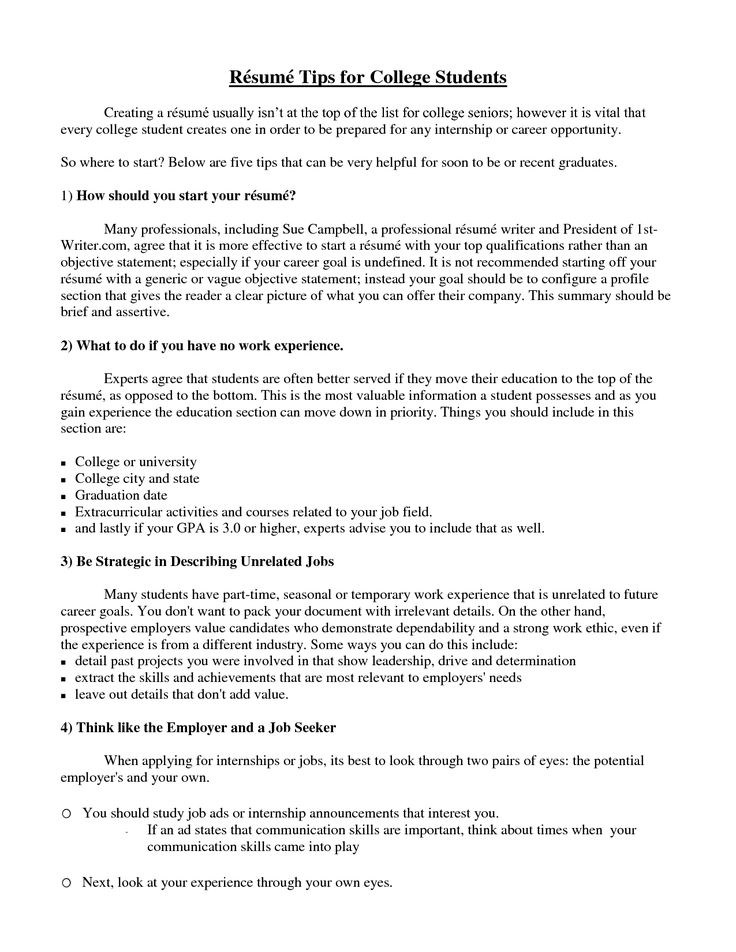
Competition
Competitive forms of conducting open extracurricular activities in mathematics solve not only purely subject problems, but also form a team, demonstrating real relationships in the class.
Conducting excursions aimed at studying mathematics allows children to project book knowledge onto the world around them.
Theatrical performances, based on the scenario of such a subject as mathematics, clearly demonstrate the pattern of cause-and-effect relationships, form concepts about geometric shapes, sizes, etc.
Subject Weeks in Mathematics is a complex of open extra-curricular activities held in the following forms: an open lesson - an extra-curricular event, a game, a competition, a quiz.
An extra-curricular activity in mathematics activates students and contributes to the formation of logical thinking. It is most effective to conduct classes that form interdisciplinary connections: an open extracurricular event in mathematics in the form of a theatrical performance, which will increase the level of humanitarian and mathematical knowledge; excursion to nature, to consolidate the skills acquired in the lessons of natural history and mathematics.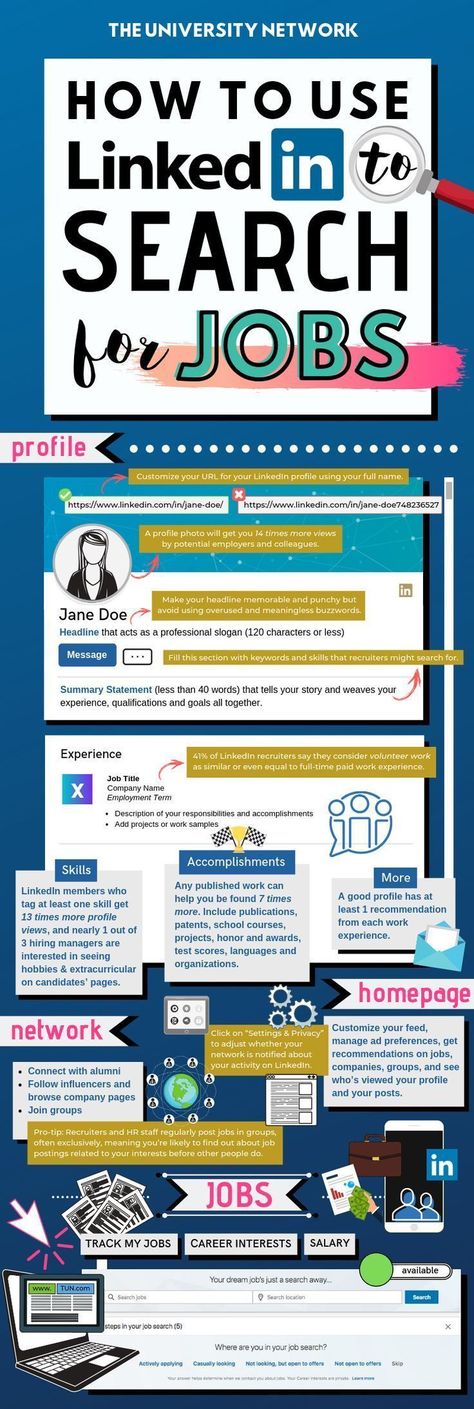
The practical significance of extra-curricular activities on technology
Such a statement of the question is especially relevant for the new subject "Technology", the main purpose of introducing which into the curriculum was the practical application of the knowledge acquired at school.
Considering that the school curriculum allocates a critically small number of hours for studying the subject "Technology", extra-curricular activities play an important role in mastering this discipline.
The target orientation of this subject on the convergence of theory and practice allows us to talk about the features of extracurricular activities in technology.
The development of students' work skills is an essential component in the school. Labor brings up such personality traits as independence, responsibility for decisions made, which contributes to the formation of a full-fledged citizen.
An open extra-curricular event on technology will demonstrate independent practical skills of students acquired in the classroom, motivate their work activities.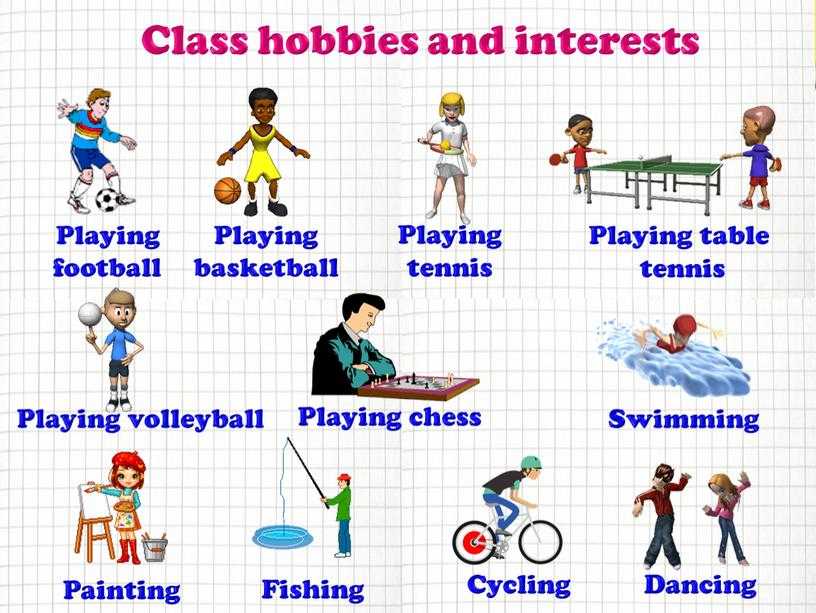 In addition, technology lessons make it possible to identify children's propensity for a particular type of activity, which, in turn, will help them decide on their choice of profession in the future.
In addition, technology lessons make it possible to identify children's propensity for a particular type of activity, which, in turn, will help them decide on their choice of profession in the future.
An extra-curricular activity on technology is held in various forms: a workshop, a master class, a quiz, a game, a competition.
To summarize
Any open lesson (extracurricular activity) allows you to consolidate the knowledge of schoolchildren in a particular subject. In addition, this form of training is of great interest to the children. The teacher should plan the extracurricular activity in advance. In the preparation process, you can use the help of students.
February 23rd. The intellectual game "Clever and clever" is intended for children in grades 1-4 and can be used in class hours, extracurricular activities dedicated to February 23. The presentation consists of 23 tasks by February 23 and will “enliven” any event, add interest to the topic. Tasks: To form in children the image of a defender of their state. To instill love for the Fatherland and native land. To instill a sense of pride in the history of the formation of the country and the need to defend the Motherland.
To instill love for the Fatherland and native land. To instill a sense of pride in the history of the formation of the country and the need to defend the Motherland.
Subject: Metasubject
Interactive game "All about dogs" was created for students in grades 1-11.
Two or more students or teams can participate in the game. Players take turns answering questions. You can check yourself by clicking on the question card. If the answer is incorrect, then the card will say “Transition of the move” and the next question answers this question. If the answer is correct, then the card will say "Correct + 1". Whoever gets the most points will be the winner.
Subject: Metasubject
Target Audience: 4th grade
This presentation is addressed to GPA educators. It can also be used by primary school teachers, biology teachers. The purpose of this presentation is environmental education, the formation of a moral attitude towards the environment. The event also generates interest in the cognitive activity of students, develops the visual memory of children on the examples of studying the living world of cats.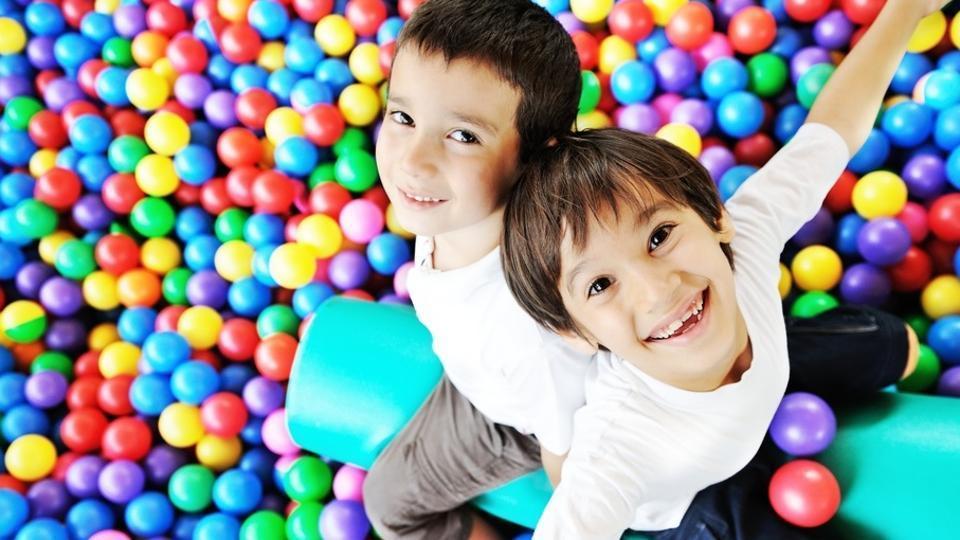 This presentation expands knowledge about cats, educates children in a humane attitude towards those whom we have tamed.
This presentation expands knowledge about cats, educates children in a humane attitude towards those whom we have tamed.
Subject: World around
Quiz based on Ch.Perro's fairy tales for elementary grades. Accompanied by a multimedia presentation. A variety of tasks were used in the quiz: find out a fairy tale from an illustration, a crossword puzzle, riddles, musical questions, characters in a sculptural image. The work was added to the competition "Multimedia games, contests, quizzes, simulators for lessons and extracurricular activities."
Subject: Literary reading
Target audience: 4th grade
EER-interactive didactic material of the two-year subscription of the "First-class newspaper" of the Youth Development Center (TsRM) in Yekaterinburg was used to create an entertaining quiz. The questions are systematized according to the topics of the newspaper and according to the level of difficulty. Each question of the newspaper is asked by favorite characters: the Cockatoo parrot, the Kiwi reporter, the Kalashnik builder, the black Wallaby, Professor Cassowary and Alexandrina the parrot.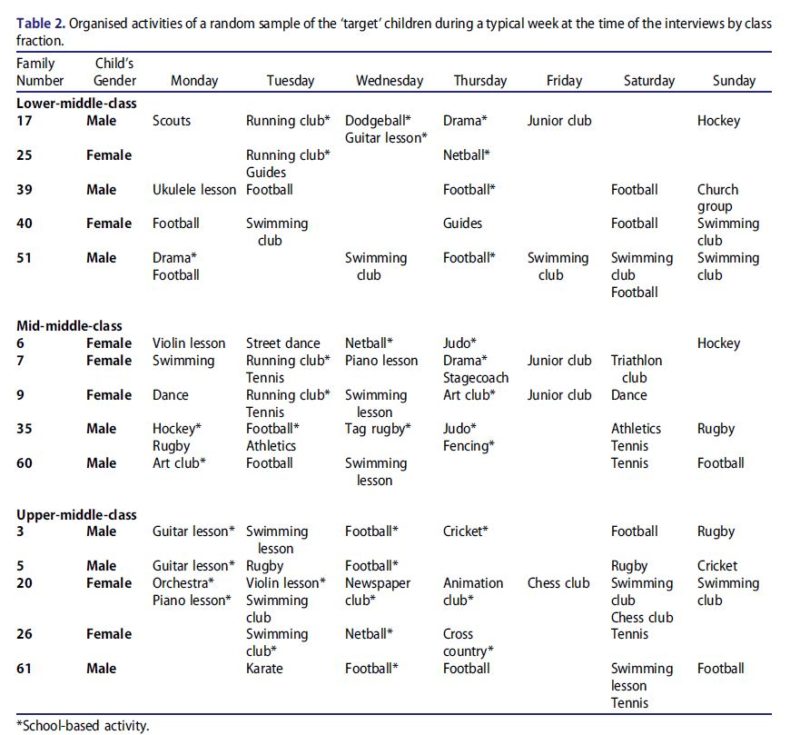
Item: World
Target audience: 3rd grade
The resource is an interactive presentation created for an extra-curricular activity in primary school dedicated to the Year of the Environment. The event involves children getting acquainted with the seven most remarkable specially protected areas of the country, which were named by the World Wildlife Fund of Russia. The presentation contains animation, hyperlinks, triggers, the technological method "pop-ups" is used.
Subject: The world around
Target audience: for the class teacher
This development will allow you to organize an interesting and effective lesson in the circle "Clever and clever" general intellectual direction of extracurricular activities. Children will have the opportunity to train their memory, develop their intellectual abilities, and work on enriching their vocabulary. In addition, the development included one of the tasks offered to children to choose from, which will help the teacher organize speech therapy work in the classroom. The appendix to the lesson summary contains all the necessary materials for the lesson. And the presentation will make the lesson visually and interestingly.
The appendix to the lesson summary contains all the necessary materials for the lesson. And the presentation will make the lesson visually and interestingly.
In addition to compulsory studies, educational institutions organize other types of activities that are voluntary. These classes are aimed at satisfying the creative and cognitive needs of schoolchildren. Such forms of activities in the school are called extracurricular or extracurricular activities.
The name speaks for itself: classes are held outside the schedule of compulsory lessons at the school. Schoolchildren from different parallels and classes can participate in them at their own request. Extra-curricular activities in the school are divided into several types depending on the goals, and for each there are many options for the form of conduct.
Goals and objectives of extra-curricular activities at school
One of the priority tasks for today in the context of reforming the Russian education system is improving the quality of social education of children and developing their creative abilities.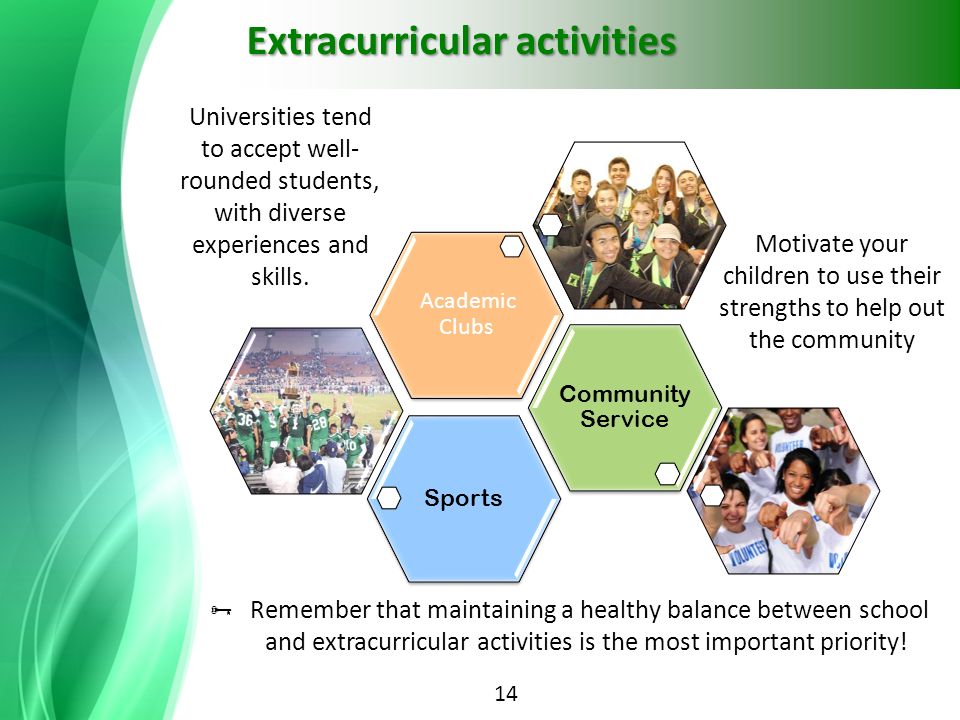 Extra-curricular activities as one of the forms of school activity successfully meet these requirements, combining the functions of education, training and development of the student's personality.
Extra-curricular activities as one of the forms of school activity successfully meet these requirements, combining the functions of education, training and development of the student's personality.
Extracurricular activities, wisely organized in an educational institution, help the socialization of the younger generation, increase the student's motivation for learning in general or contribute to the development of interest in a particular academic subject, develop individuality, independence, and promote self-realization of the individual.
Try it for free! For passing - a certificate of professional development. Training materials are presented in the format of visual notes with video lectures by experts, accompanied by the necessary templates and examples.
Extracurricular activities differ from lessons in new forms of mastering knowledge and skills, a psychological attitude towards students' creativity and active involvement in the educational process, productive assimilation without the need to memorize material and observe strict discipline.
Three types of extracurricular activities at school
All extracurricular activities can be classified according to the goals that are achieved during their implementation. Thus, there are three types of extracurricular activities at school:
- educational;
- leisure;
- sports and recreation.
Teaching and educational extracurricular activities are aimed at enhancing the cognitive activity of students, expanding the range of their interests, deepening knowledge, and forming the student's civic position.
The leisure type of extra-curricular activities is aimed at acquiring new skills and abilities by students, the need for which arises outside of traditional educational activities. Entertaining events help to diversify school everyday life and unite students outside of school.
Sports and health-improving extracurricular activities contribute to the physical development and health of schoolchildren, foster healthy competitiveness and personal ambitions, teach interaction with a team of like-minded people and rivals.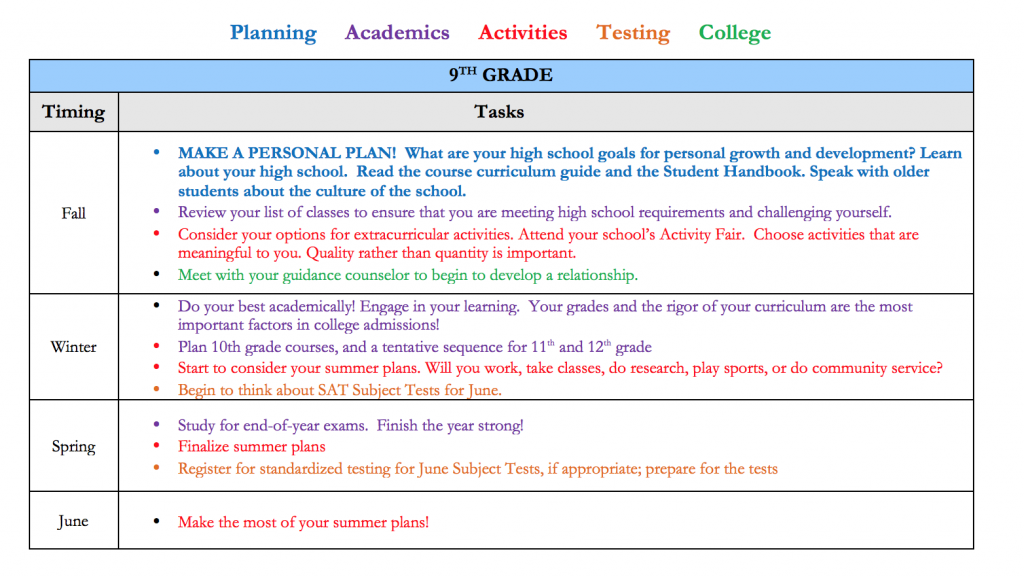
Forms of extracurricular activities at school
The type of extracurricular activity predetermines the choice of the form of the event and the place of action: at school or outside it.
Educational and educational extracurricular activities have such forms of performance as a conversation, a quiz, meeting with interesting people, discussion, training, visiting the theater, organizing a conference, excursion, olympiad, review, competition.
Conversation as one of the forms of extracurricular activities at school involves a dialogue between the teacher and students. Conversation activates mental work, develops speech, maintains interest, and concentrates attention. Each question of the conversation is a task that the students solve. In high school, students can independently direct and moderate the discussion. In elementary school, the line of conversation is determined by the teacher, asking the children leading questions.
Conversations are of several types: preparatory, heuristic (where the teacher teaches to find the truth by reasoning), reporting, reproducing (consolidating the studied material), generalizing (conducted at the end of extracurricular activities), repetition.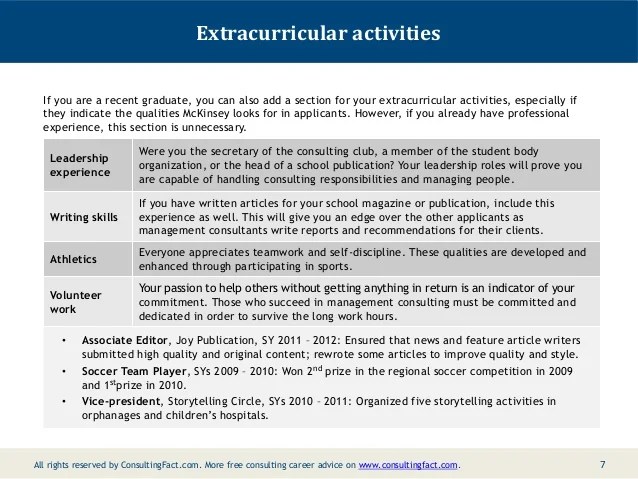
Olympiads, competitions, exhibitions of children's creativity are designed to stimulate the educational and cognitive activity of schoolchildren, to develop the desire for competition in the study of such disciplines as foreign and Russian languages, mathematics, physics, literature and chemistry.
Such forms of extracurricular activities at the school are planned in advance, and the best students are selected to participate. They give a great impetus to the development of the abilities and inclinations of students in various fields of knowledge. In addition, holding such events makes it possible to evaluate the creative nature of the work of teachers, their ability to find and develop children's talents.
Another form of extra-curricular activities that will be interesting for both elementary school students and teenagers is an excursion. Allows you to make observations, study various objects, phenomena and processes in natural conditions, expand the horizons of schoolchildren of any age.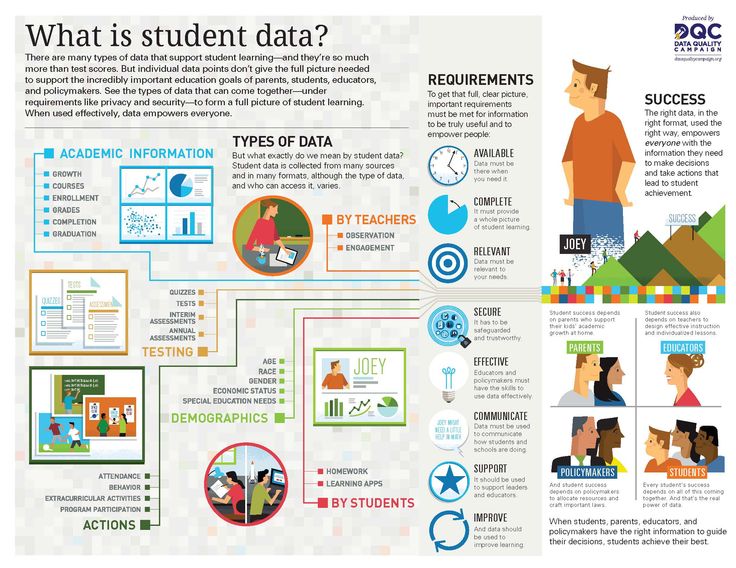 In didactic terms, the tour can be used at any stage: to introduce a new topic, to consolidate the material or to deepen existing knowledge.
In didactic terms, the tour can be used at any stage: to introduce a new topic, to consolidate the material or to deepen existing knowledge.
Tours can be organized in almost all school subjects, with students of all ages. In the lower grades, excursions are simply necessary when studying natural history and getting to know the outside world. For high school students and middle school students, excursions are held at geography and history lessons.
Leisure extra-curricular activities have more applied goals - teaching new skills and abilities. Their implementation can take place in the form of a workshop (cutting and sewing, cooking, drawing, photography, modeling), a master class, in the open air, in the format of a theater studio, a competition or an intellectual game.
Circles, creative associations, electives, workshops - the leading form of creative activity of students. The system-forming component in carrying out this type of extracurricular activities at school is children's creativity directed and developed by the teacher.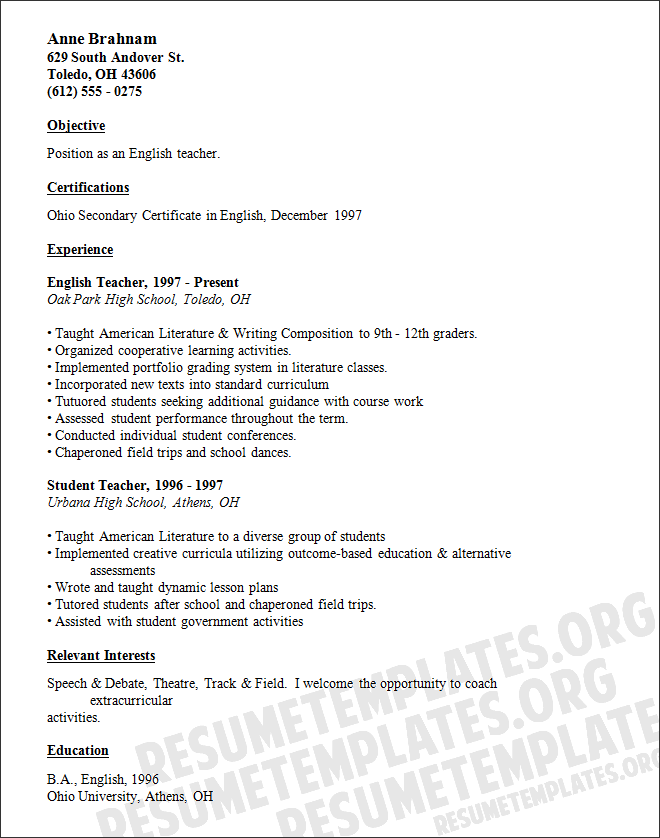
The structure of conducting various forms of leisure extracurricular activities is different, but common elements can be distinguished. When preparing workshops, circles or extracurricular activities, all work is divided into three parts: theoretical, critical-analytical and creative-practical activities. Classes can be complex, or they can be dedicated to one specific type of activity.
Sports and health open events at the school are held in the form of contests, competitions, sports games or trips.
To identify the range of interests of students, it is advisable to conduct a survey in order to find out what students would like to do after school. It must be remembered that any type of extracurricular activity in which children are included must have a social and socially significant orientation.
The age characteristics of school students are of decisive importance when choosing the form of extracurricular activities. Thus, visual demonstration of information and mobile forms of extracurricular activities are more important for primary school students.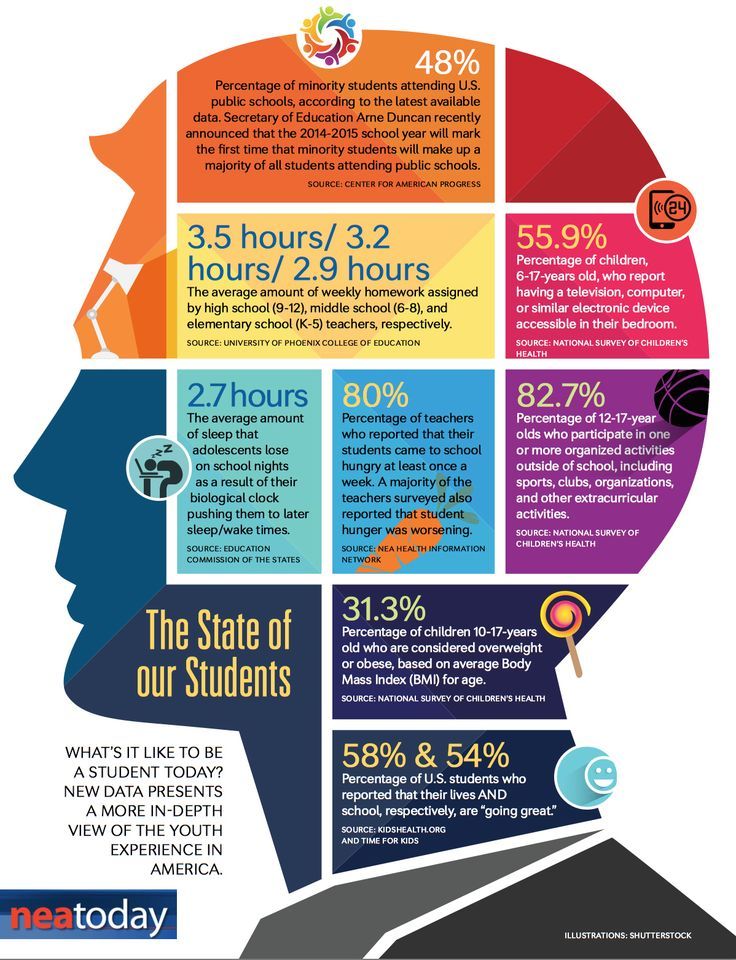 It is easier to involve younger schoolchildren in classes with elements of physical activity, competitions, games, and excursions.
It is easier to involve younger schoolchildren in classes with elements of physical activity, competitions, games, and excursions.
High school students are capable of longer, static perception of the material. For them, theatrical performances, KVN, hiking trips, brain ring, career guidance excursions are relevant.
When conducting an extra-curricular activity in elementary school, little practical experience of students should be taken into account. The lesson should contribute to the formation of basic knowledge of children, their skills, while in middle and high school extracurricular activities can be held to consolidate the past material.
Stages of preparing extra-curricular activities at school
For the successful implementation of extra-curricular activities of each type and in any form, it is necessary to follow the sequence of four stages:
- constructing an event;
- preparation;
- holding an event;
- analysis (self-analysis) of the lesson.
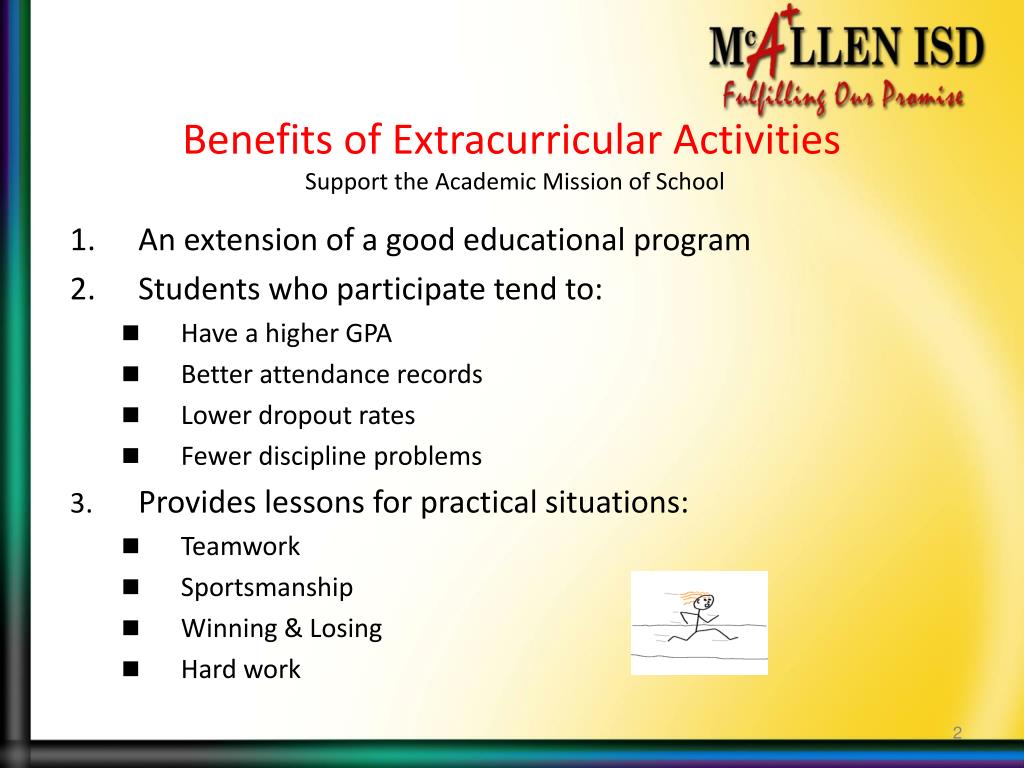
Extracurricular activities - Primary classes
Egorova Elena 5.0
Product review ША PRO Analysis of reading technique by grade
and quarters
I would like to express my gratitude on behalf of the primary school teachers of the gymnasium "Pushchino" to the programmers who created this wonderful program! What we used to did hand-to-hand combat, now can be put into a table and get an analysis of for each student and class report. Great, delight! We immediately appreciated the benefits. FROM the beginning of the new school year will be actively used. Therefore, no wishes We are not here yet, thanks. Very simple and clear instructions important! I thank you and your colleagues for this important work. It's very nice when colleagues understand how you can "simplify" the work of the teacher.
Nagovitsina Olga Vitalievna 5.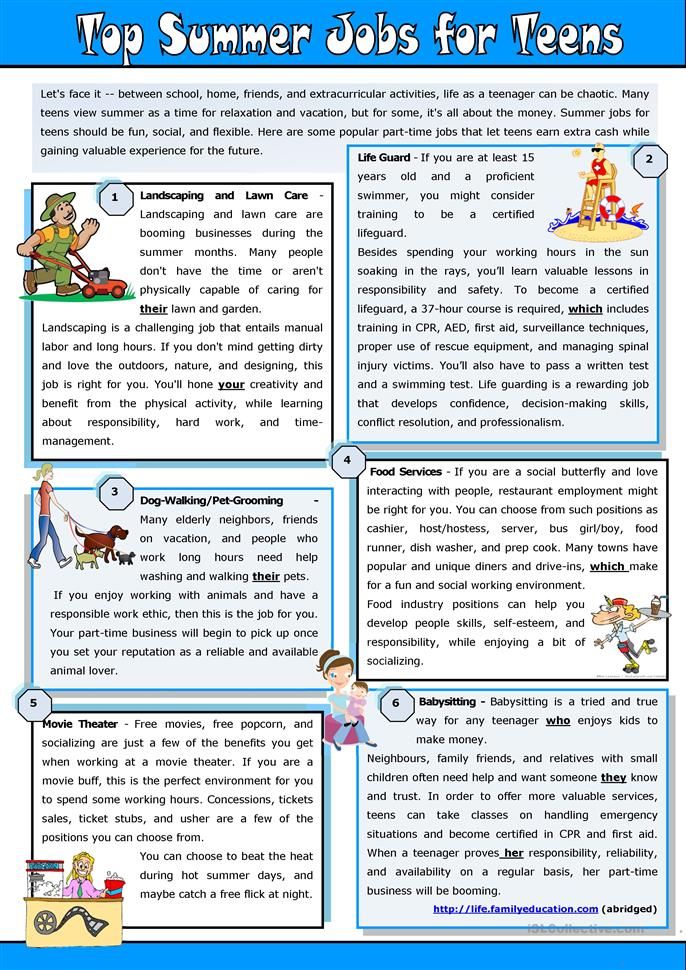 0
0
teacher of chemistry and biology, secondary school with. Chapaevka, Novoorsky district, Orenburg region
Product review SHA Excel template Analyzer of OGE results
in CHEMISTRY
Thank you, the analytical reference is wonderful, OGE chemistry and biology. Very facilitated the analytical work , bottlenecks are identified in preparation for exam. My workload, like all teachers, is high. Your template saves time , I showed your template to my colleagues, they also purchased it. Thank you.
Chazova Alexandra 5.0
Product review SHA Excel template Analyzer of OGE results for
MATHEMATICS
Very good template, easy to use, trial testing analysis took a matter of minutes. There were problems printing the report, but you need to try again figure out. Thank you very much for a quality analyzer.
Loseeva Tatyana Borisovna 5. 0
0
Primary school teacher, MBOU Secondary School No. 1, Krasnovishersk, Perm Territory
Product review Making a certificate or competition certificate
Thank you very much for the prompt production of certificates! Everything is very beautiful . My student is satisfied, he invested his certificate in portfolio . We will definitely continue to cooperate with you!
Yazenina Olga Anatolyevna 4.0
primary school teacher, Smolensk Center for Education for Children with Special Educational Needs
Product Review Webinar How to create an interesting lesson:
tools and techniques
I watched the webinar! Was very satisfied with what I received information. Everything is very clear, without "water". Everything that is said is shown, very useful in the practice of any teacher. And I will definitely use useful webinar materials. Thank you very much to the lecturer for being shared her experience!
Arapkhanova Ashat 5.